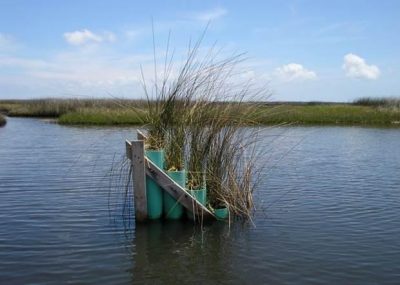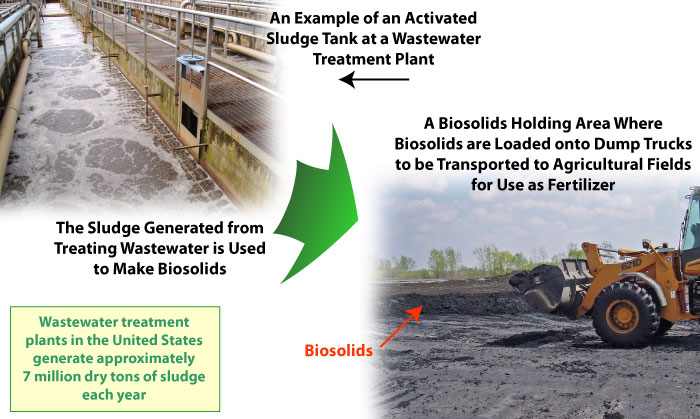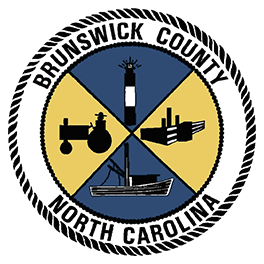MOREHEAD CITY — Researchers at the University of North Carolina Institute of Marine Science have scored a federal grant to study how coastal marshes respond to the combined effects of sea level rise, tides and storm surge.
The National Oceanic and Atmospheric Administration’s National Centers for Coastal Ocean Science announced the nearly $200,000 grant Tuesday as part of more than $1.1 million awarded for research to give coastal communities new ways to incorporate natural infrastructure, such as restored wetlands, into their coastal resilience planning for sea-level rise and coastal flooding.
Supporter Spotlight

NOAA officials said coastal communities and their ecosystems are threatened by rising seas and coastal flooding that take away land, alter habitats and make people, homes and businesses more vulnerable to coastal storms. Rising sea levels can also change how ecosystems work, especially when combined with inundation from tides and storms.
“As more people continue to move and live near the coast we have the challenge of protecting them from coastal hazards while also protecting the ecosystems in their communities,” said Russell Callender, acting assistant NOAA administrator for the National Ocean Service. “These awards will provide the new tools coastal managers need to plan for sea level rise and flooding, and improve the coastal resilience of their communities and the ecosystem that sustains them.”
The UNC study will use eight years of unpublished continuous water-level data at two locations, one on Bogue Sound, where water-level variations are dominated by tides, and the other on southern Pamlico Sound, where water-level variations are dominated by wind. The efforts will focus on five tropical storms and the five extratropical storms that affected the area during those years, using models to predict changes in shoreline protection associated with rising sea levels and changes in storm intensity. Field measurements of site topography and plant distribution will be used to predict the extent and condition of marsh habitat over 50 years.
In addition to the UNC grant, funding under NOAA’s Ecological Effects of Sea Level Rise Program and Climate Vulnerability Initiative will support projects in California, Oregon and Hawaii.
“These projects will show how coastal economics can influence planning for sea level rise and flooding,” said Mary Erickson, director of NOAA’s National Centers for Coastal Ocean Science. “They’ll contribute to a larger NOAA effort to provide science to inform decisions, conserve priority ecosystems and advance the use of natural and nature-based infrastructure to mitigate the effects of coastal hazards.”







